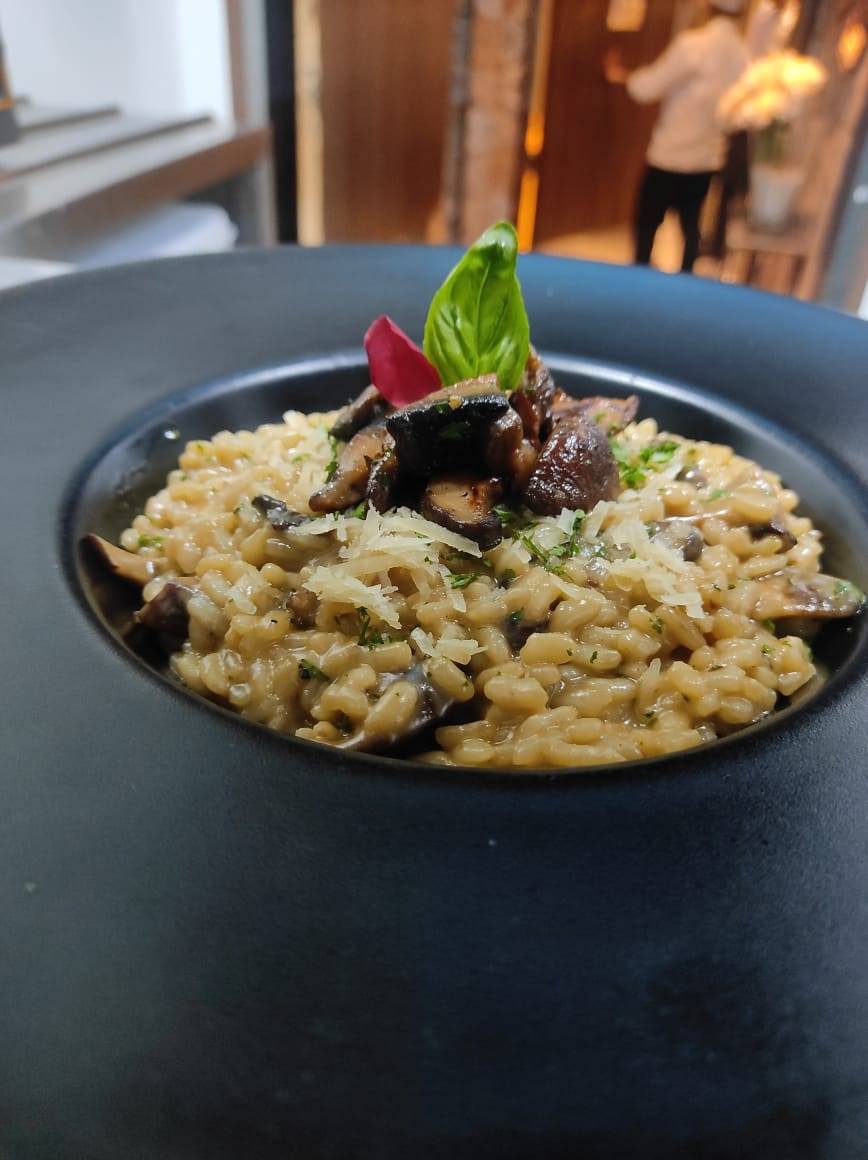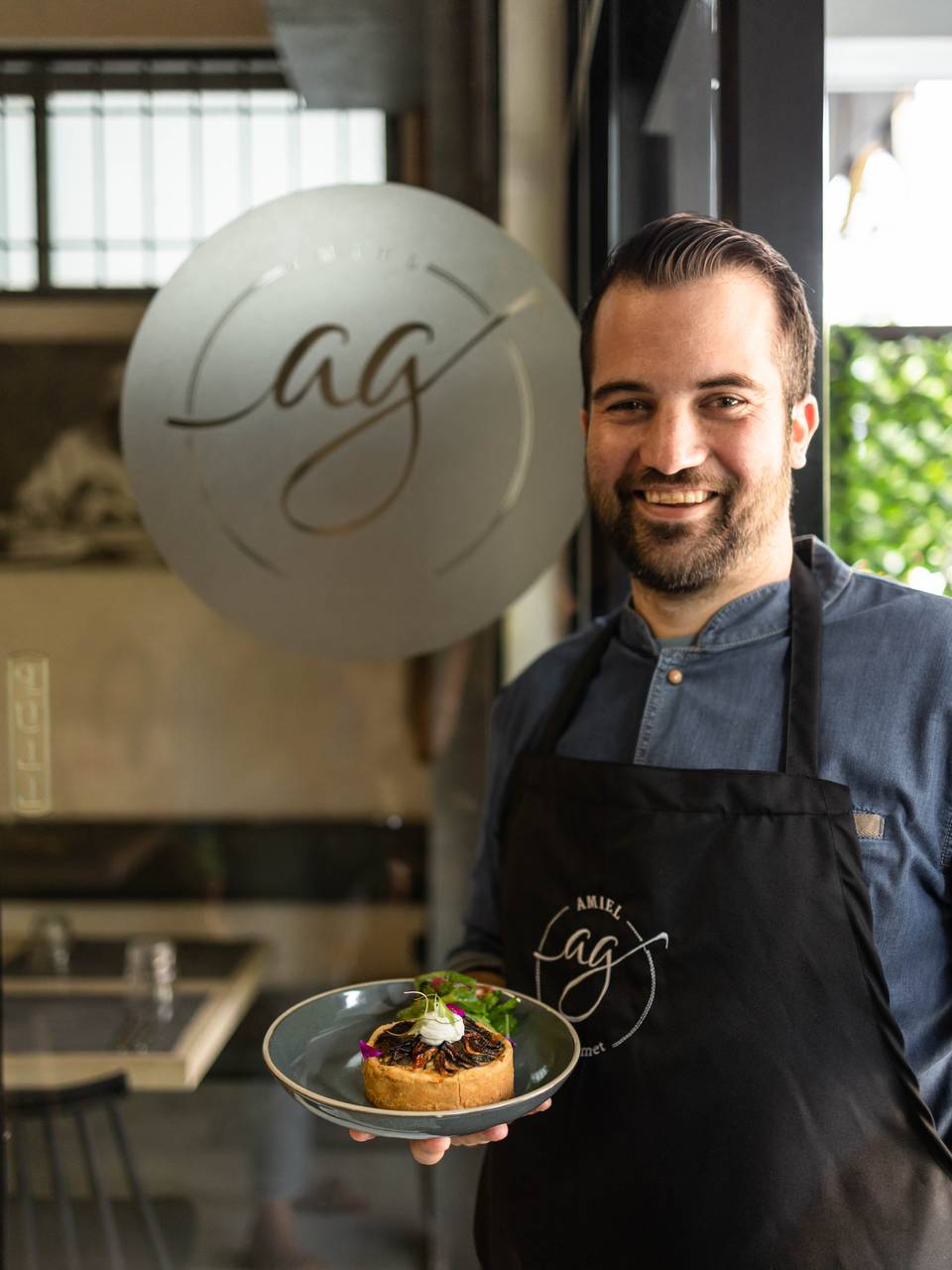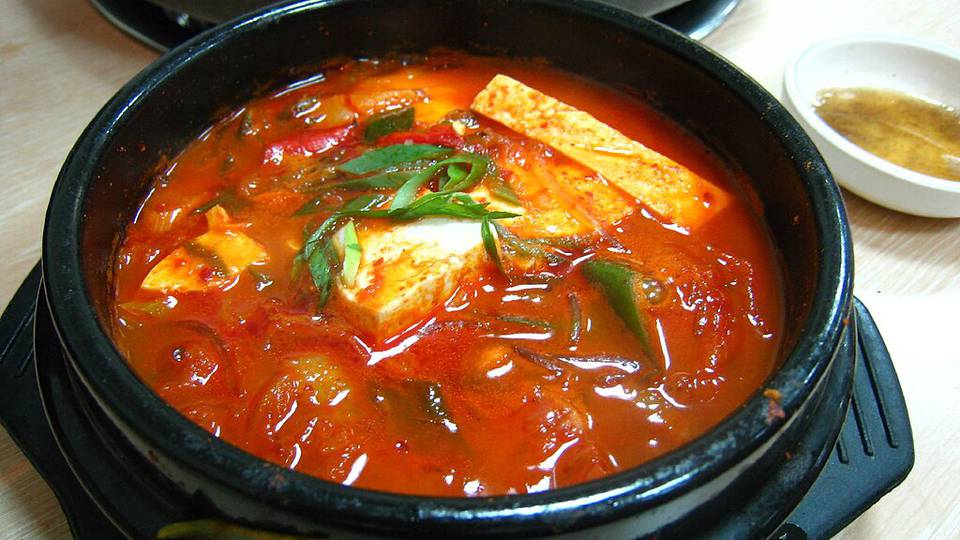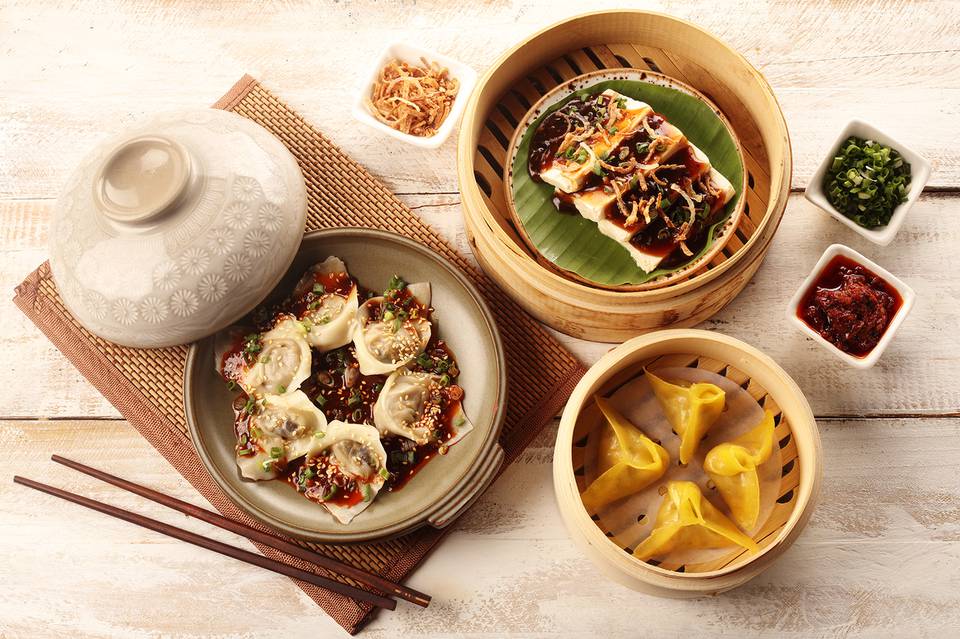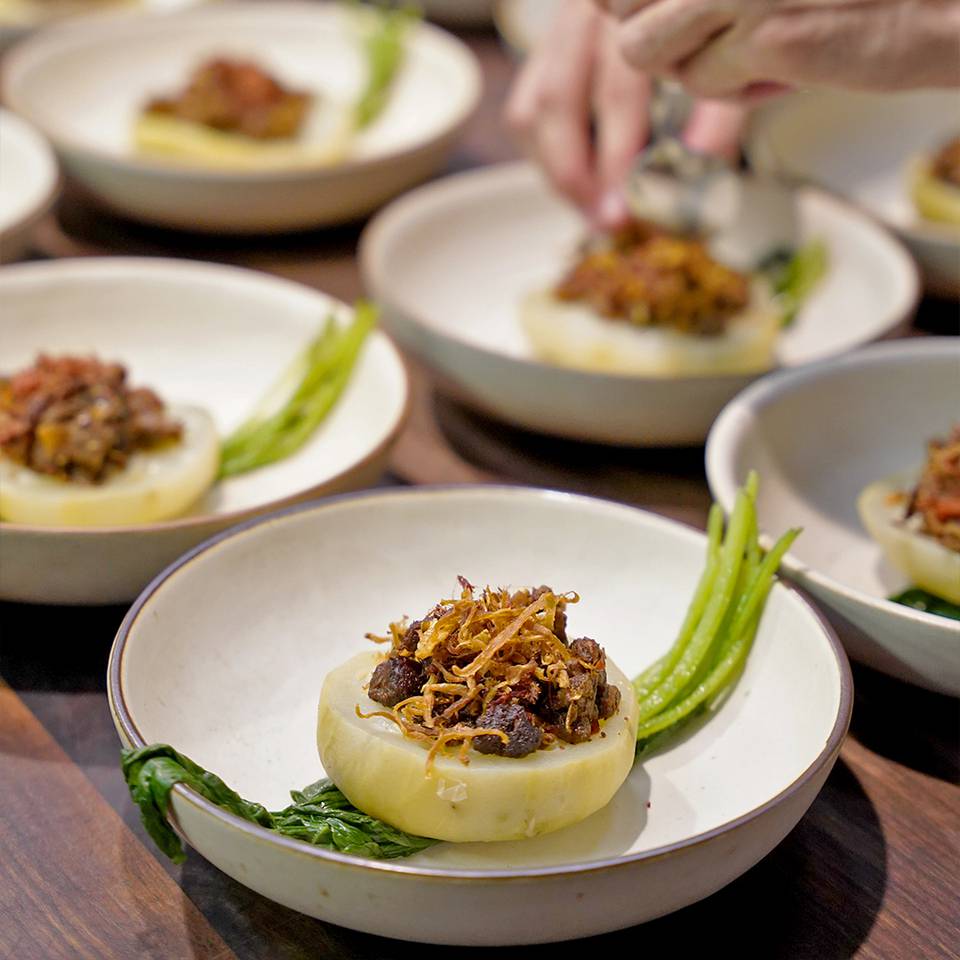Empire Restaurants: Great Home Delivery
Oct 11, 2019, 11 24 | Updated: Oct 11, 2019, 11 24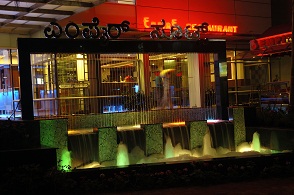
Murg Kali Mirchi Tikka, Butter Chicken, Mutton Brain Masala, Chicken Kababs, Kadai Mutton, Fish Masala, Coin Parota, Ghee Rice and a ton of other palate-tickling delicious stuff.
For as long as most Bangaloreans can remember, Hotel Empire has been serving up great non-vegetarian Mughlai food late into the night in Shivajinagar, even when the other restaurants all over the city have already closed for the night.
Things have changed.
But from a small one-location, family-owned restaurant, it is making the leap to mega corporate chain, forcing a change of pace not only for themselves, but for all of us. Not only several locations in Bangalore, but Dubai as well.
Empire’s business model has been evolving with the times. In the span of few short years besides expanding to multiple locations, they’ve massively revamped their look and feel, bringing in technology to connect better with their customers. Empire’s mainstay has always been their restaurants, where people come to eat and get the full ‘Empire’ experience, but their home delivery business is now increasing as well.
As HR manager Michael Johnson notes, “Empire has many different outlets in Bangalore. Earlier, when people called up, they had to have a different number for each restaurant. There was no central number. This made it hard for the customer.”
The idea of centralization of delivery numbers came from the concept of a centralized kitchen. “We realised if we implemented a central call centre from where we could monitor and dispatch orders, it would cut down the hassle for the customer when they ordered home delivery. All they’d have to do is dial one number, place the order and it would be forwarded to the nearest Empire outlet,” he says.
The call centre is located at the Hotel Empire Suites on Castle Street and managed by a team of four or five people. On average, each person takes 60 orders in a twelve-hour period. “They are required to be familiar with each and every item on the menu. The calls are monitored for quality control,” Johnson remarks.
The have a database of 90,000 names, numbers and addresses of customers who’ve already ordered from Empire. “That way,” Johnson observes, “the next time you call, we know your name and your address. This makes it easier for you and for us when we’re taking your order.”
The success of the call centres inspired Empire to implement another concept into their delivery system. Now, after you place an order, they immediately send out an SMS to your phone, with your unique order number and your bill amount. Any questions about your order will be entertained by the call centre operative, who will call up the concerned outlet and give you updates on your order. Another message is sent to your phone after the delivery boy has left with your order. The message gives you the name of the delivery boy and his mobile number in case of any difficulties. A rather thoughtful message follows which reads: In the best interests of safety and hygiene, consume food immediately. Chances of food getting spoiled if kept in this container for a long time.
Johnson confides, “For a while, we toyed with the idea of implementing a GPRS system for each delivery boy so that real-time updates of the order could be provided. But that proved to be rather expensive. We might implement it later.”
Empire’s home delivery has also seen a rise after implementing the revamped system. “We receive an average of one lakh orders a day in Bangalore and yet home delivery only accounts for 10% of our revenue,” COO Junaiz K confirms.
Regular patrons of Hotel Empire feel that the change is good. Ravi George, a content writer, says, “I think that the call centre and messages add to the feeling that you have some control over your order. It’s nice knowing that they feel accountable for bringing our food faster.”
Rozann Peter, a college student, remarks, “I like getting the text that tells me my food is on the way. But during the week they send the food within half an hour but on weekends they take about an hour or more. I still love Empire though.”
Empire has also made contact with the Smartphone generation, by implementing a Hotel Empire app that allows the user to order online and make payments online.
The history of Empire
It began with one man. Abdul Rahim who had tasted success in Malaysia in the food business, decided to come back to India in 1966 and buy a restaurant on Central Street, Shivajinagar
Empire soon became the central point for hip Bangaloreans searching for a bite to eat. Empire’s management changed in the eighties, with newer services and a revamped menu.
New outlets sprang up all around Bangalore in places like Russell Market, Kammanahalli, Church Street and Frazer Town.
The chain keeps striving to change with the times to keep up with the current trend in the hospitality sector but balances it with that old ‘family business’ feel.
Over the years, Empire hasn’t just kept its focus on the restaurant business though. They’ve set up popular juice centres and expanded into the hotel business as well, with Empire Suites offering accommodation in the heart of the city.
Where will the Empire strike next?
